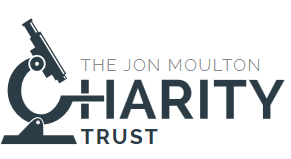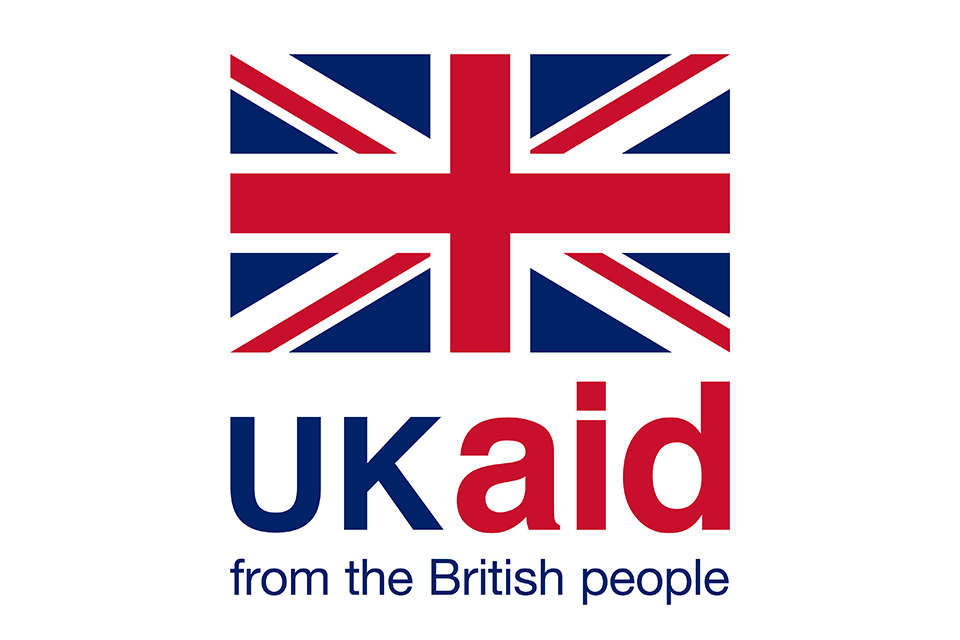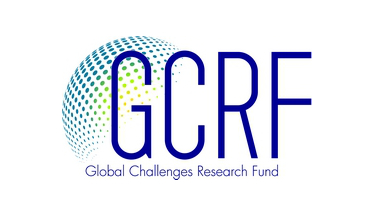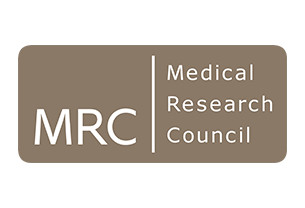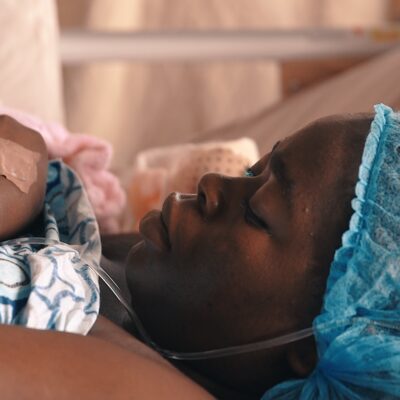Overview
The CRASH-3 Trial aimed to provide the research-based evidence on how to prevent death from traumatic brain injury (TBI).
The trial tested whether tranexamic acid (TXA) could become an essential tool for fighting excessive bleeding in the brain after traumatic brain injury.
CRASH-3 was a large, international, randomised, placebo controlled trial which published its results in November 2019.
The trial found that TXA is a safe, low-cost and widely available drug which could prevent deaths from TBI by as much as 20% depending on severity of the injury.
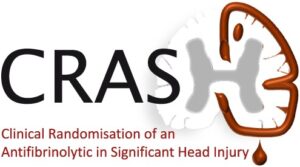
Trial background
Worldwide, over 10 million people are killed or hospitalised because of TBI each year. Approximately 90% of deaths from TBI occur in low- and middle-income countries.
TBI predominantly affects young adults and many patients experience long-lasting or permanent disability. The social and economic burden of TBI is considerable.
With rapidly increasing motorisation, the incidence of TBI is predicted to rise in low- and middle-income countries.
An effective, widely practicable and affordable treatment for TBI could save many thousands of lives and could substantially reduce the burden of disability.
Systemic antifibrinolytic drugs, including tranexamic acid, are widely used in surgery to prevent clot breakdown (fibrinolysis) and thus reduce surgical blood loss.
The aim of this trial was to provide a reliable basis for recommending whether or not TXA should be administered to patients with TBI.
Adults with TBI, who were within eight hours of injury, with any intracranial bleeding on CT scan or who had a Glasgow Coma Scale of 12 or less, and had no significant extra-cranial haemorrhage, were eligible for inclusion, except those for whom antifibrinolytic agents were thought to be clearly indicated or clearly contra-indicated.
Treatment was allocated randomly and numbered drug/placebo packs were available in participating hospitals. The primary outcome was death in hospital within 28 days of injury (cause of death will be described). Outcomes were assessed at death, discharge or 28 days after randomisation, whichever occurred first.
Trial in numbers
12,731
Participants recruited
29
Recruiting countries
175
Hospital & medical centres
Results
CRASH-3 showed that administration of TXA to patients with traumatic brain injury within three hours of head injury reduces head injury-related death, with no evidence of adverse effects or complications.
There was a substantial reduction in head injury-related deaths in patients with mild-to-moderate head injury, but not in patients with severe head injury.
Early treatment was more effective than later treatment in patients with mild and moderate head injury but time to treatment had no obvious effect in patients with severe head injury.
More resourcesFull publication
Trial protocol and summary
Get in touch
If you would like to find out more about CRASH-3, please email us at crash@lshtm.ac.uk.
Contact usLatest news
Read all the latest evidence, news and opinions.

